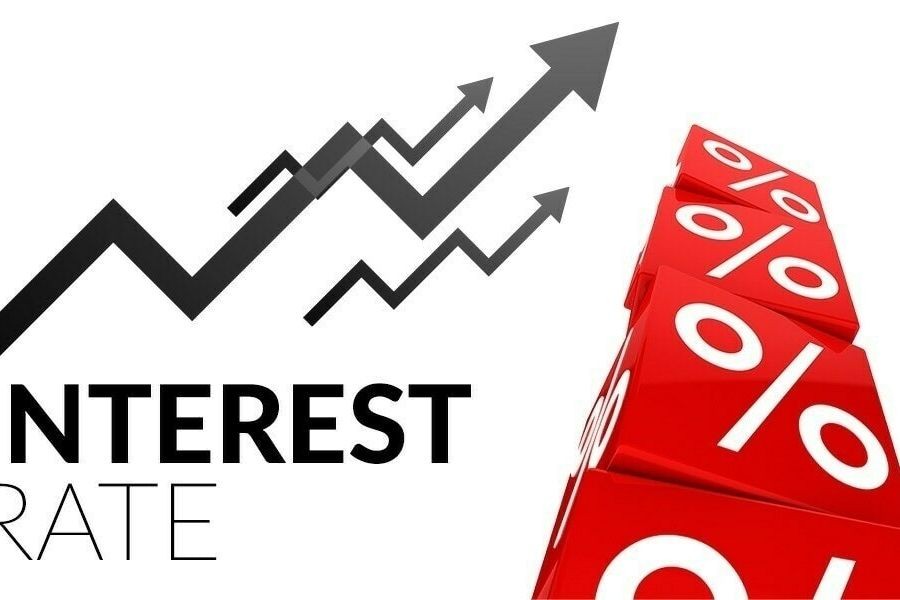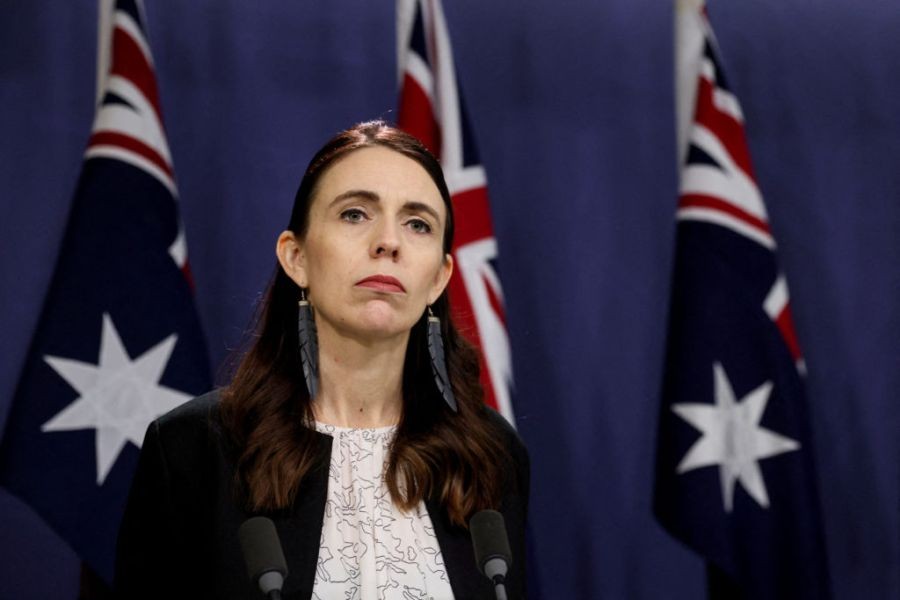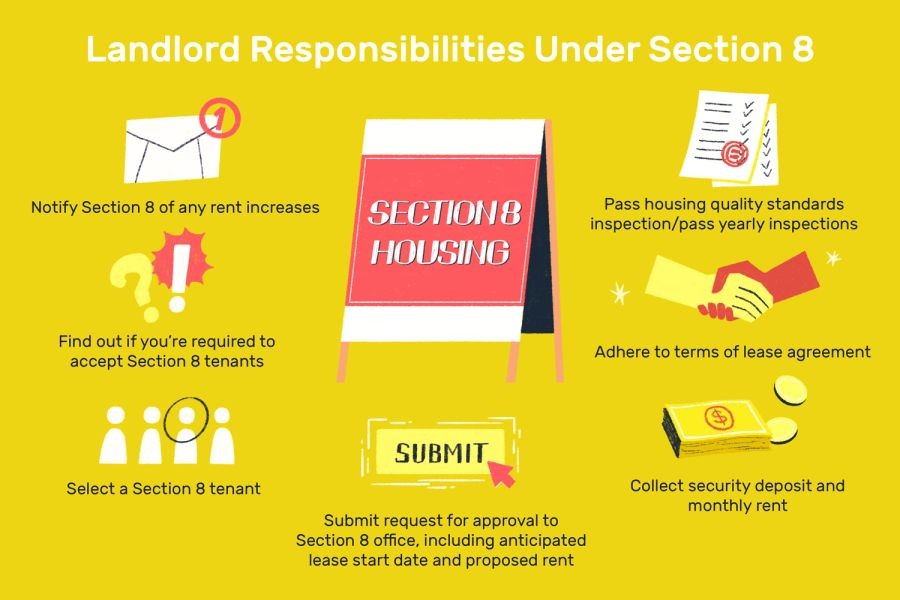In the ever-evolving Australian property market, the age-old debate of buying versus renting a home persists, with economic factors, lifestyle choices, and market dynamics influencing decisions. As of 2023, Australia’s housing landscape is experiencing notable shifts, largely influenced by economic policies and market trends. Whether you are a seasoned property developer or a first-time investor, understanding the nuances of buying versus renting is crucial for making informed decisions.
The Australian Housing Market: Key Trends
Australia's real estate market has been shaped by various economic and policy-driven factors. According to the Australian Bureau of Statistics (ABS), property prices have seen a steady rise over the past decade, with major cities like Sydney and Melbourne experiencing significant price surges. The Reserve Bank of Australia (RBA) indicates that these trends are influenced by low interest rates and increased foreign investment.
However, recent data suggests a moderation in price growth. CoreLogic reports that property prices in Sydney rose by only 3% in 2023, compared to a 12% increase the previous year. This slowdown can be attributed to tighter lending standards enforced by the Australian Prudential Regulation Authority (APRA), aimed at curbing excessive borrowing and stabilizing the housing market.
Buying vs. Renting: Pros and Cons
Pros of Buying
- Equity Building: Homeownership allows individuals to build equity over time, which can be a significant financial asset.
- Stability: Owning a home provides stability and the freedom to make modifications without landlord restrictions.
- Potential Appreciation: Historically, property values in Australia have appreciated, offering potential capital gains.
Cons of Buying
- High Initial Costs: The upfront costs of buying, including deposits, stamp duties, and legal fees, are substantial.
- Market Volatility: Property values can fluctuate, posing a risk of negative equity if the market declines.
- Maintenance Responsibilities: Homeowners are responsible for maintenance and repairs, which can be costly.
Pros of Renting
- Flexibility: Renting offers the flexibility to relocate without the burden of selling a property.
- Lower Upfront Costs: Renters avoid the high initial costs associated with purchasing a home.
- Limited Maintenance: Landlords are typically responsible for property maintenance, reducing tenant obligations.
Cons of Renting
- No Equity: Rent payments do not contribute to building equity or ownership.
- Rental Increases: Renters face potential rent hikes, which can impact financial stability.
- Limited Control: Tenants have limited control over property modifications and face potential eviction.
Case Study: The Sydney Housing Dilemma
In 2023, a young couple in Sydney faced the challenge of deciding between buying a home or continuing to rent. With property prices averaging $1.3 million, purchasing seemed daunting. They opted for renting a two-bedroom apartment in the inner city, costing approximately $750 per week. This decision allowed them to allocate more funds towards savings and investments, while also enjoying the flexibility to explore different neighborhoods.
However, as property prices stabilized, they reconsidered buying, leveraging government incentives like the First Home Owner Grant. By 2025, they had saved enough for a deposit and secured a home loan, benefiting from lower interest rates and a more balanced market. This case highlights the importance of timing and market conditions in the buy-versus-rent decision.
Financial Implications: ROI and Cost Analysis
For property developers and investors, understanding the financial implications of buying versus renting is crucial. According to Deloitte’s 2024 Housing Affordability Report, the return on investment (ROI) for property purchases in Australia varies significantly by location and property type. In high-demand areas, buying can yield a higher ROI due to appreciation and rental income potential.
Conversely, renting may be more financially viable in regions where property prices are inflated relative to rental costs. The Australian Housing and Urban Research Institute (AHURI) suggests that in some suburbs, renting can save individuals up to 40% compared to buying, particularly when factoring in interest payments and maintenance costs.
Myths and Misconceptions
Myth: "Buying is always cheaper than renting in the long run."
Reality: While buying can be a good investment, in some Australian cities, renting may be more affordable when considering interest rates and maintenance costs.
Myth: "Renting is throwing money away."
Reality: Renting offers flexibility and the potential to invest savings elsewhere, which can yield higher returns.
Myth: "Property prices always rise."
Reality: While historically true, market fluctuations can lead to periods of stagnation or decline, impacting equity growth.
Future Trends and Predictions
Looking ahead, Australia’s property market is poised for further transformation. Experts predict that by 2026, the integration of technology in real estate transactions will streamline processes, reducing costs and enhancing transparency. Additionally, as remote work becomes more prevalent, demand for properties in regional areas is expected to rise, offering new opportunities for investment.
Moreover, the Australian government’s focus on affordable housing initiatives and sustainable development is likely to influence market dynamics, potentially easing the affordability crisis in urban centers.
Conclusion: Making the Smarter Move
Deciding whether to buy or rent in Australia requires careful consideration of personal financial goals, market conditions, and future aspirations. For property development specialists, understanding these dynamics is essential for advising clients and making strategic investments.
As the market continues to evolve, staying informed about economic policies, market trends, and innovative real estate solutions will be crucial for making the smarter move. Share your thoughts and experiences with us below. Are you leaning towards buying or renting in the current market climate?
People Also Ask
What are the current trends in the Australian housing market? Recent trends include a stabilization of property prices and increased demand in regional areas due to remote work opportunities.
Is it better to rent or buy in Australia in 2023? The decision depends on individual financial situations and market conditions. In some areas, renting may be more cost-effective, while buying offers long-term benefits in others.
How does the Australian government support first-time homebuyers? The government offers incentives such as the First Home Owner Grant and stamp duty concessions to assist first-time buyers in entering the property market.
Related Search Queries
- Buying vs. renting in Australia 2023
- Australian housing market trends 2024
- First home buyer incentives Australia
- Pros and cons of renting vs. buying in Sydney
- Real estate market predictions Australia

































RFXRoberta
1 month ago